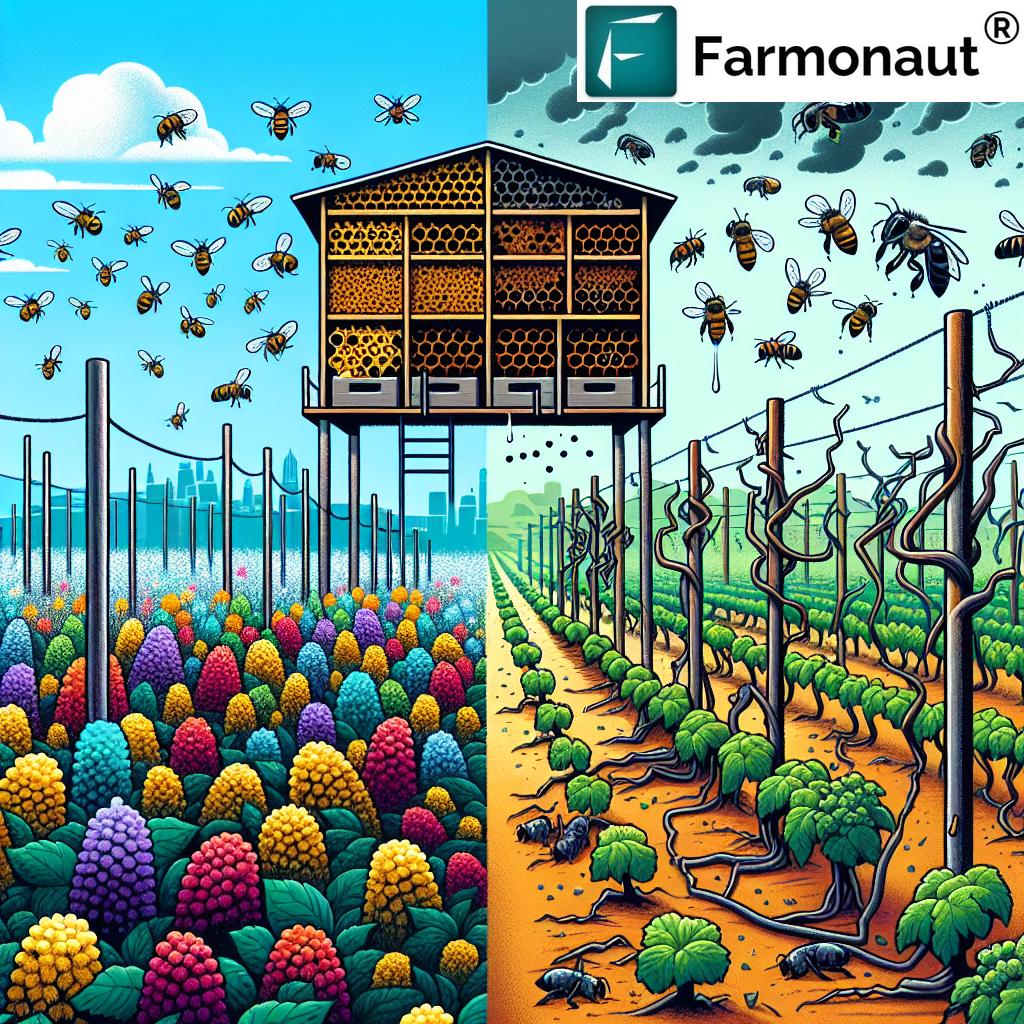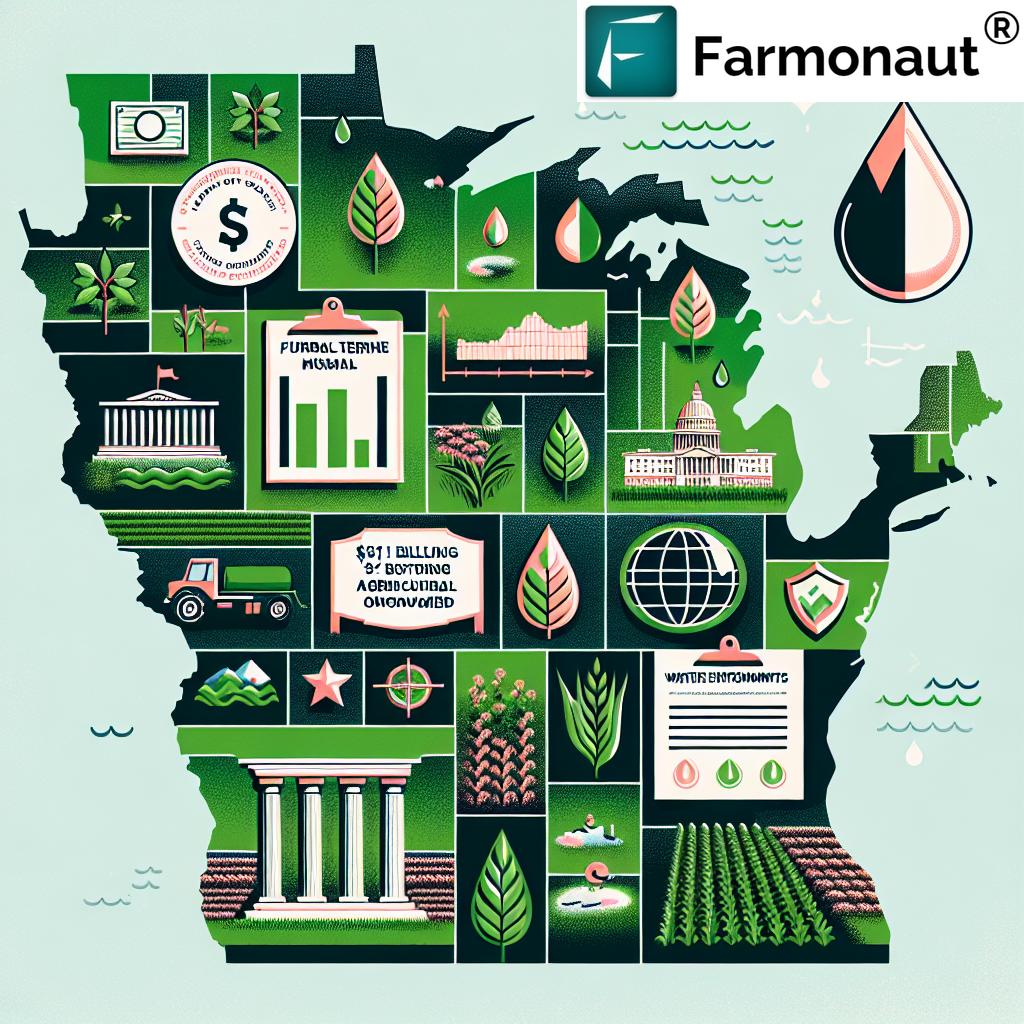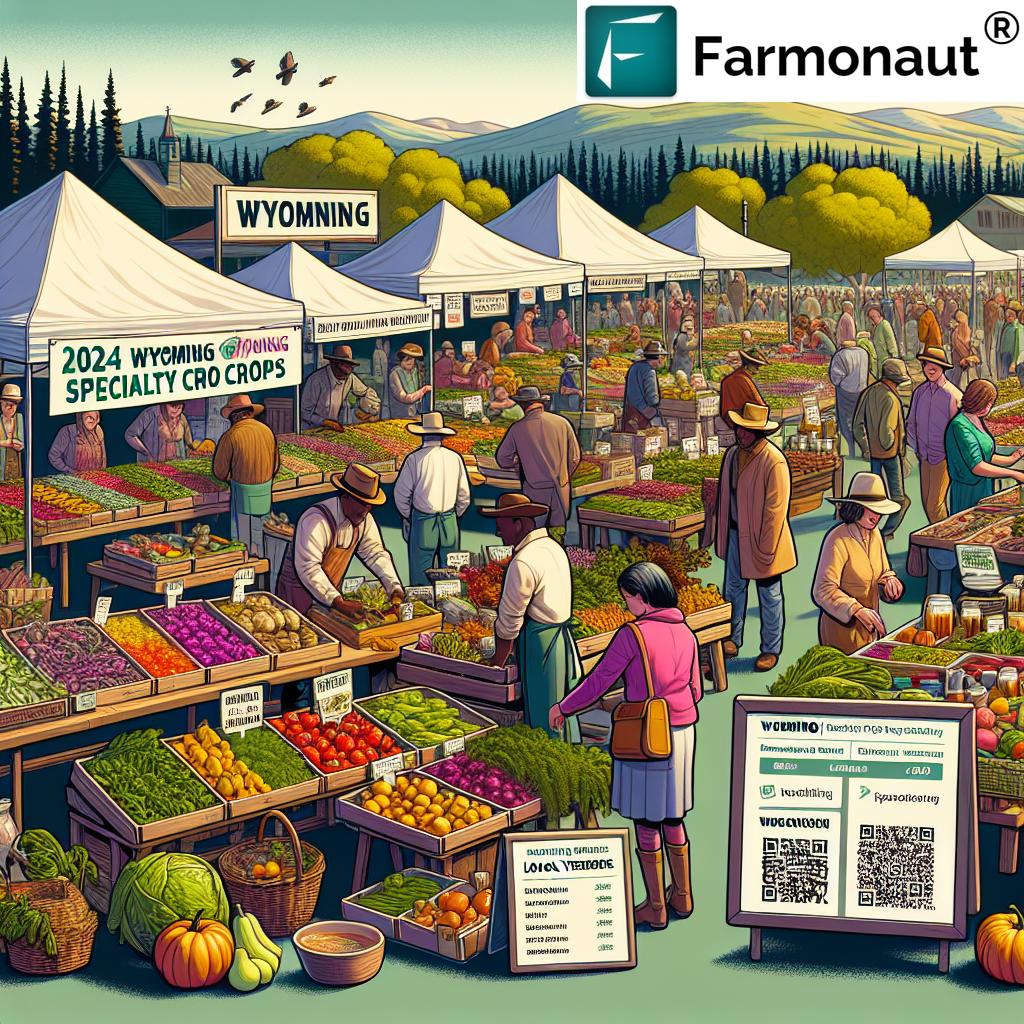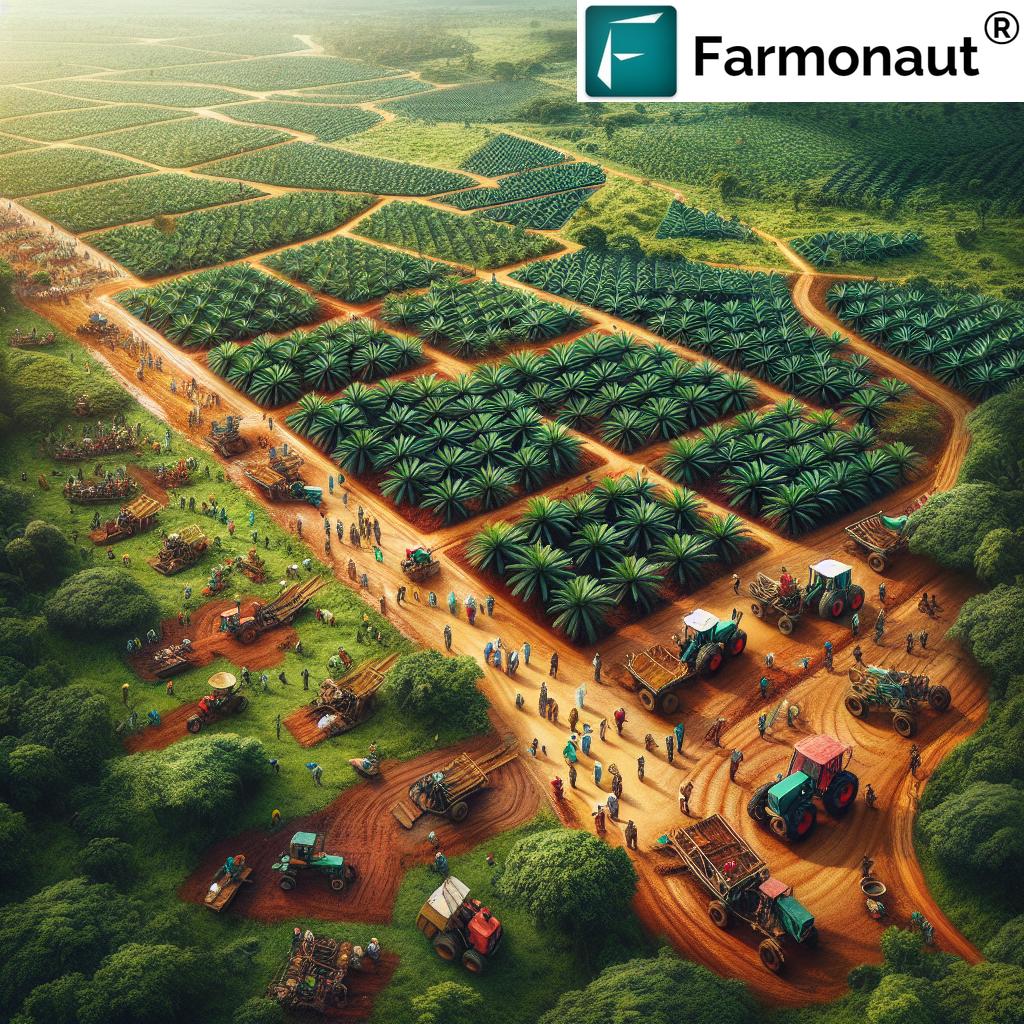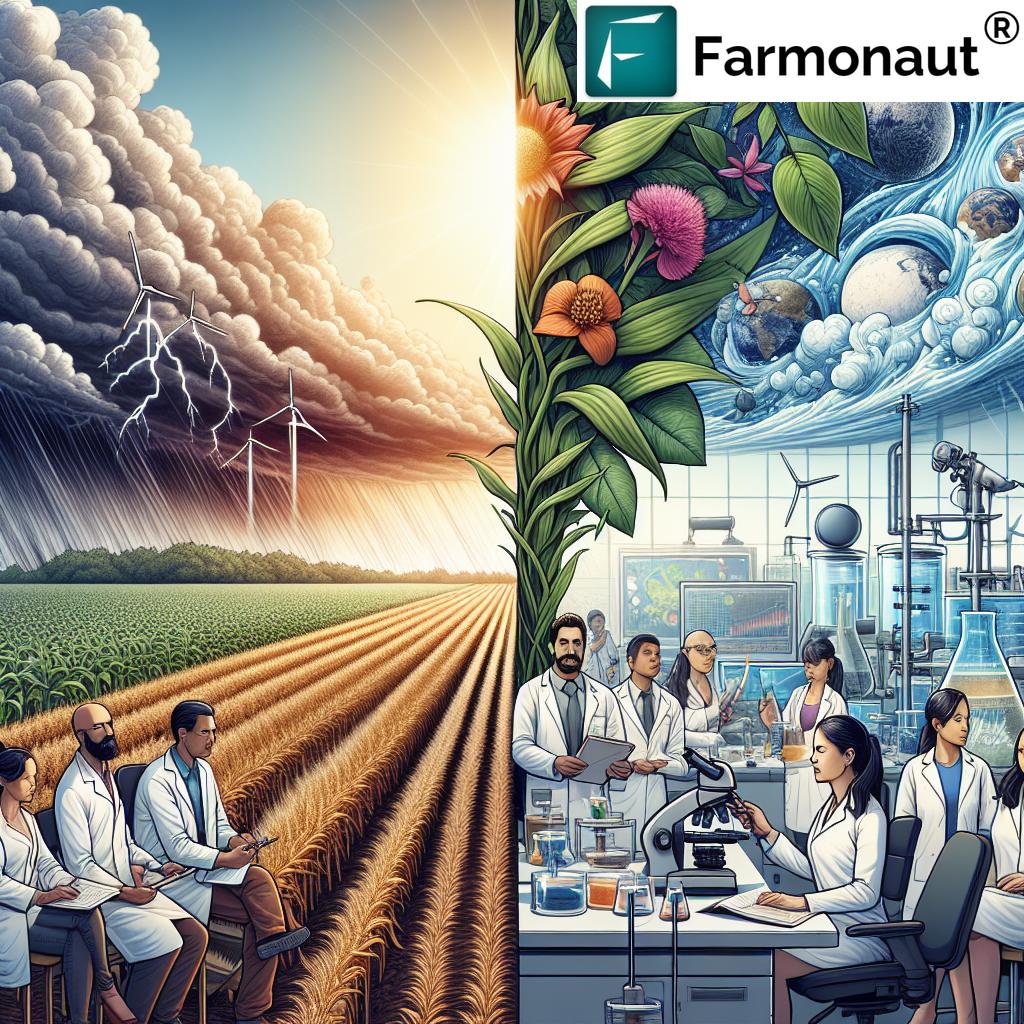Revolutionizing Protein: Sallea’s Groundbreaking Edible Scaffolds Secure $2.6M to Transform Cultivated Meat Industry
Zurich, Switzerland – In a groundbreaking development for the alternative protein industry, Sallea, a Zurich-based agritech startup, has successfully secured $2.6 million in funding to revolutionize the cultivated meat sector with its innovative edible scaffolds. This significant investment marks a pivotal moment in the realm of sustainable protein innovation, promising to reshape the future of food technology and accelerate the growth of the cultured meat market.
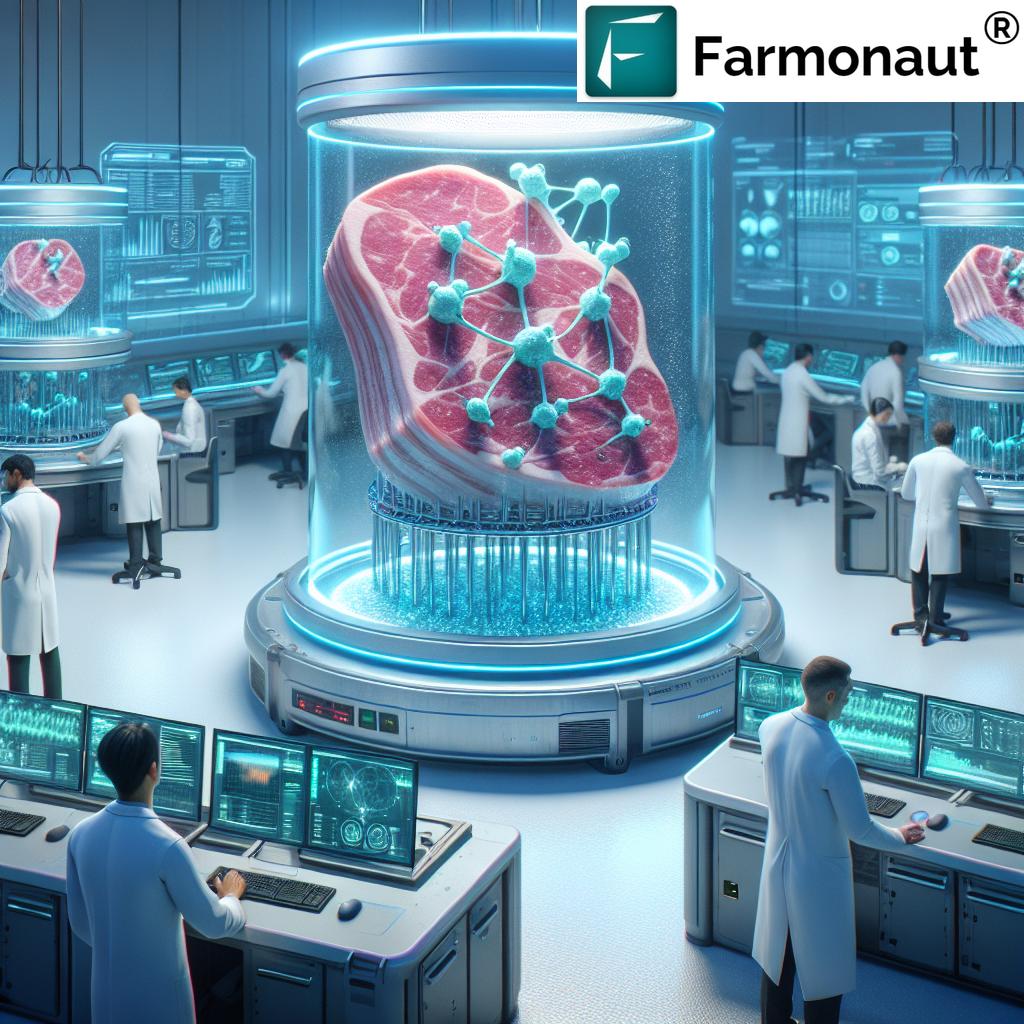
The Power of Edible Scaffolds in Cellular Agriculture
At the heart of Sallea’s breakthrough is their proprietary 3D food scaffolds technology, which enables the production of premium, cultivated whole cuts of meat. This innovative approach addresses a crucial challenge in cellular agriculture, paving the way for more realistic and appetizing cruelty-free meat alternatives.
The concept of edible scaffolds for cultivated meat is revolutionizing the industry by providing a structure for cell growth that mimics the texture and composition of traditional meat. This technological advancement is crucial for creating products that not only taste like conventional meat but also replicate its mouthfeel and cooking properties.
Sallea’s Journey: From Research to Revolution
Founded by an all-female team and developed from research at ETH Zurich, Sallea has quickly positioned itself as a frontrunner in the cultivated meat industry. The company’s journey from academic research to commercial viability is a testament to the power of innovation in addressing global challenges.
- Originated from cutting-edge research at ETH Zurich
- Founded by a diverse, all-female team of experts
- Rapid progression from concept to funded startup
Dr. Emma Schmidt, CEO of Sallea, commented on the recent funding: “This investment is not just a vote of confidence in Sallea, but in the future of sustainable protein. Our edible scaffolds technology is set to transform how we produce and consume meat, making cultivated whole cut meat production a scalable reality.”
The Impact on the Alternative Protein Market
The alternative protein market growth has been explosive in recent years, driven by increasing consumer awareness of environmental and ethical issues associated with traditional meat production. Sallea’s technology is poised to accelerate this growth further by addressing key challenges in the cultured meat market.
Industry analysts project that the global cultivated meat market could exceed $370 billion by 2030, highlighting the enormous potential for companies like Sallea. By enabling more efficient and cost-effective production of high-quality cultivated meat, Sallea’s technology could be a key factor in bringing these products to mainstream consumers.
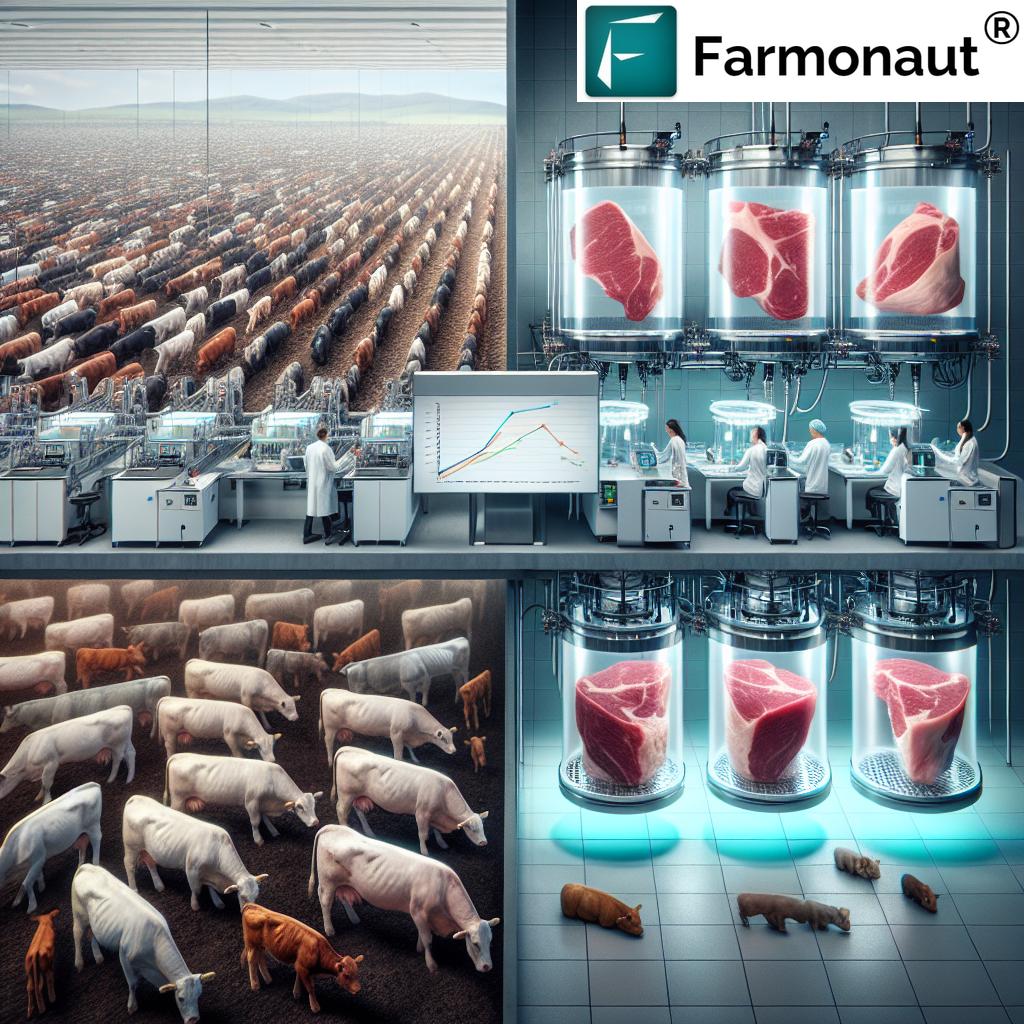
Cellular Agriculture Breakthroughs: Beyond Meat Production
While Sallea’s primary focus is on cultivated meat, the implications of their technology extend far beyond this single application. The breakthroughs in cellular agriculture pioneered by Sallea could have far-reaching effects on various sectors of the food industry and beyond.
- Personalized Nutrition: Customizable scaffolds could allow for the creation of meat products tailored to individual nutritional needs.
- Pharmaceutical Applications: The technology behind edible scaffolds could be adapted for drug delivery systems or tissue engineering in medicine.
- Sustainable Packaging: Principles learned from creating edible structures could inspire new, biodegradable packaging solutions.
For those interested in exploring cutting-edge agricultural technology, check out Farmonaut’s web application for advanced farming solutions.
The Road Ahead: Challenges and Opportunities
Despite the promising advancements, the path to widespread adoption of cultivated meat is not without challenges. Regulatory hurdles, scaling production, and consumer acceptance remain significant obstacles. However, Sallea’s recent cultivated meat funding positions the company to address these challenges head-on.
Key areas of focus for Sallea in the coming months include:
- Refining the 3D food scaffolds technology for large-scale production
- Collaborating with regulatory bodies to ensure compliance and safety
- Developing partnerships with food manufacturers and retailers
- Educating consumers about the benefits of cultivated meat
Interested in agricultural APIs? Explore Farmonaut’s satellite and weather API for comprehensive agricultural data.
The Broader Impact on Sustainable Food Systems
The success of companies like Sallea in advancing sustainable protein innovation has implications that extend far beyond the dinner plate. As the world grapples with the environmental impact of traditional agriculture, technologies that enable more efficient and ethical food production are becoming increasingly crucial.
Benefits of cultivated meat production include:
- Reduced greenhouse gas emissions compared to traditional livestock farming
- Decreased land and water usage
- Improved animal welfare by eliminating the need for animal slaughter
- Potential for producing meat free from antibiotics and contaminants
For developers looking to integrate agricultural data into their applications, check out the Farmonaut API Developer Docs.
The Future of Food: A Collaborative Effort
As Sallea moves forward with its groundbreaking technology, the company emphasizes the importance of collaboration across the food technology sector. By working together with other innovators, regulatory bodies, and traditional food producers, the transition to more sustainable food systems can be accelerated.
Dr. Schmidt added, “Our vision extends beyond just our company’s success. We see Sallea as part of a larger movement towards more sustainable and ethical food production. By collaborating with partners across the industry, we can create a future where delicious, nutritious, and cruelty-free meat is accessible to all.”
Stay updated on agricultural innovations with Farmonaut’s mobile apps:
Conclusion: A Taste of the Future
Sallea’s successful funding round of $2.6 million marks a significant milestone in the journey towards sustainable and ethical meat production. By addressing key challenges in cultivated whole cut meat production, Sallea is not just advancing technology but potentially reshaping our entire food system.
As the company moves forward with its innovative edible scaffolds for cultivated meat, the impact is likely to be felt far beyond the alternative protein market. From reducing environmental impact to improving animal welfare, the ripple effects of this technology could be truly transformative.
With the global population continuing to grow and the urgency of addressing climate change increasing, innovations like Sallea’s are not just exciting – they’re essential. As we look to the future, it’s clear that the food on our plates is set to undergo a revolution, and companies like Sallea are leading the charge.
The journey of cultivated meat from laboratory curiosity to dinner table staple is well underway, and with continued investment and innovation, a more sustainable and ethical food future is within reach. Sallea’s groundbreaking work in edible scaffolds is not just about creating better meat alternatives; it’s about crafting a better world for generations to come.





